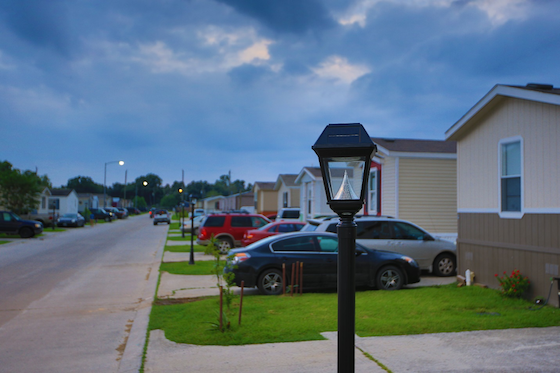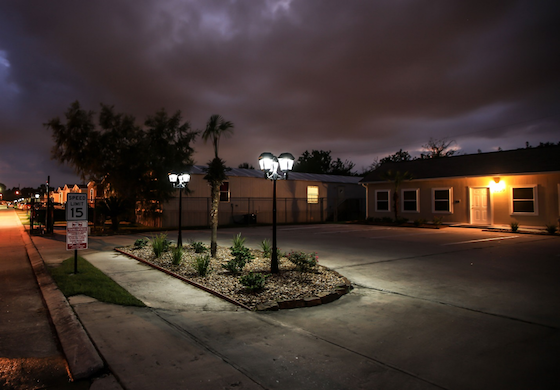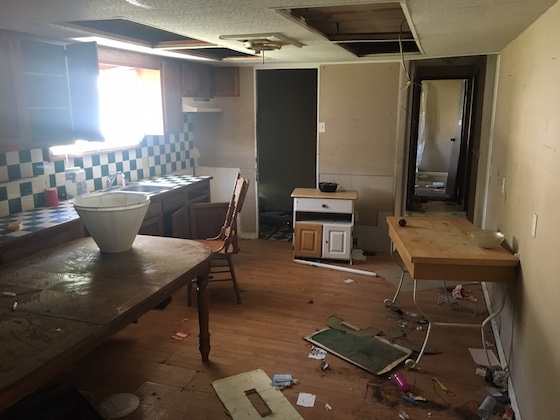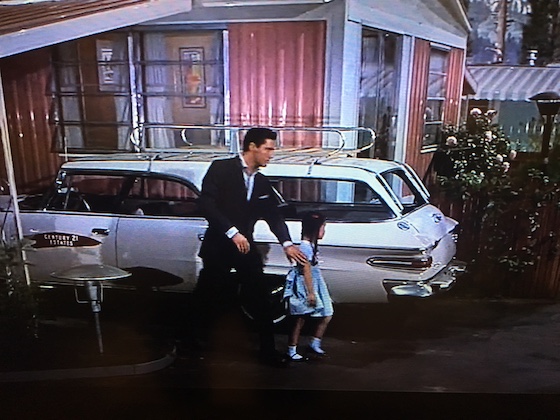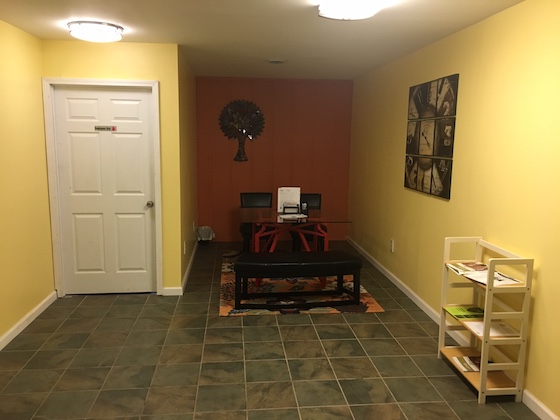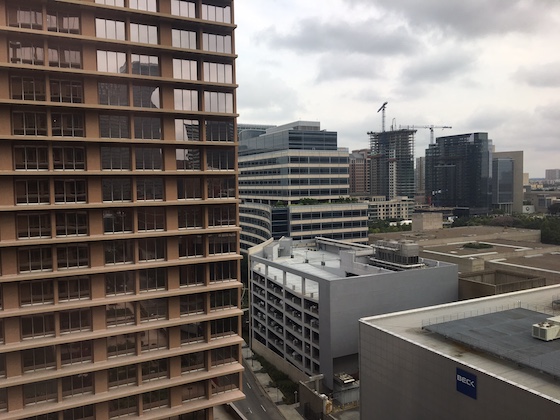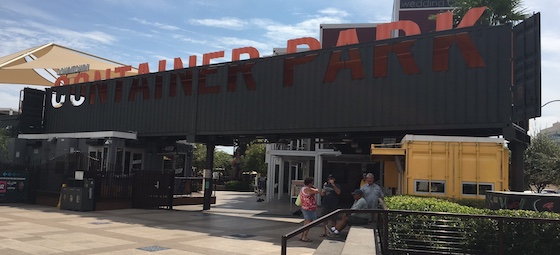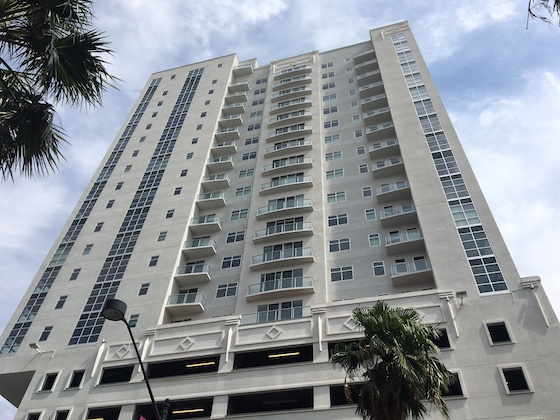“Waffle House where the customers are chained to the booths”. This was part of a wider quote that compared a mobile home park to a Waffle House. I explained to the reporter that when you buy a Waffle House, you don’t have any idea if there are any customers coming in the door ever again, so your investment is a huge risk. However, with a mobile home park, you know exactly how many customers you will have each day – it’s the same number that you had the day before -- so your risk is very small. I also used the analogy that restaurants fail at a higher rate than any other type of business, but mobile home parks have the lowest default rate of any commercial loan type, due to this revenue stability. Of course, the reporter took my quote completely out of context, but the fact of the matter is that it was 100% correct – mobile home parks have incredibly stable revenue streams. So what are some of the other reasons that we can buy mobile home parks and sleep at night?
Revenue that can be quantified
When you buy most businesses, you are taking a huge leap of faith on revenue. But with mobile home parks you can simply count the number of homes in the park, multiply by the lot rent, and you already know the monthly revenue. We’re not sure if any other business model in the U.S. can boast such a simple formula. And that is a key reason that we can buy mobile home parks and sleep at night.
No reliance on past numbers – if they’re even available
Because of this “you get what you see” format on calculating revenue, the past financial performance of the park is not critical. And that’s a good thing, as many moms and pops will present the buyer with financials that are written in crayon on notebook paper. Even appraisers are willing to forego past financials in favor of a more accurate accounting of current occupancy and smart estimates of operating costs. If we had to rely strictly on the seller’s numbers – without any concrete demonstration of those facts – there’s simply no way we could buy mobile home parks and sleep at night.
Diversity of revenue
When you invest in a shopping center, you have just a hand full of tenants. When you buy an industrial building you have one tenant. But when you buy a mobile home park, you have a broad base of diversified renters. This is extremely important. When you have a 100-space mobile home park and lose one tenant to non-payment, you have lost only 1% of the revenue. But when that five-tenant shopping center loses one occupant, you’ve just lost 20% of revenue. The benefits of diversification are not lost on mutual fund investors, and the same is true when we’re buying mobile home parks.
The ability to re-create the expense categories with perfect accuracy
While a mobile home park buyer can nail the revenue with a high level of accuracy, they can also hit high levels of correctness on the expense categories. The expense line items on a mobile home park P&L are relatively few, and this allows the buyer to obtain either the actual numbers from the provider (such as water & sewer costs), or to get three bids on those that the current owner was not using (such as insurance or mowing). This allows us to sleep at night, knowing that our budgets are accurate.
Little opportunity for seller fraud
Since a smart mobile home park buyer can recreate both the revenue and expenses using their own due diligence – and without relying in any way on the seller’s materials – there is little risk of seller fraud. If you’re told that there are 48 lots occupied and you only count 46, then that misrepresentation will be caught early on. If the seller says that the electrical bill last year was $4,500 but you call the power company and say $5,400, then you again avoid falling into the trap. As a result, it’s a rare moment when a seller can fool you into overpaying for the property, and that’s reassuring.
Industry norms that help to bracket a normal range of NOI
Mobile home parks have been analyzed for a half-century, and their operating numbers tend to fall in established ranges of normalcy. This allows the buyer to immediately determine when projections are overly optimistic. The normal expense range for a mobile home park is 30% to 40%. The fact that there has been enough analysis of this sector to derive simple performance guidelines is very helpful when it comes time to sleeping at night, because you know that the path has already been blazed to making money with these assets.
Conclusion
Mobile home parks have a huge advantage on all other types of real estate when it comes to sleeping at night. You can nail the revenue and expenses during due diligence, and check to see if the park meets standard guidelines. Unlike the poor sucker that has to buy a restaurant based on complete reliance on the seller’s financials (which may be completely imaginary), mobile home park buyers have a crystal clear handle on numbers and, as a result, the anticipated performance of the asset.



